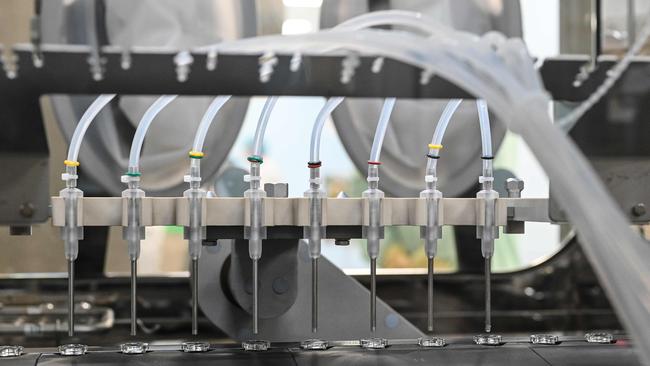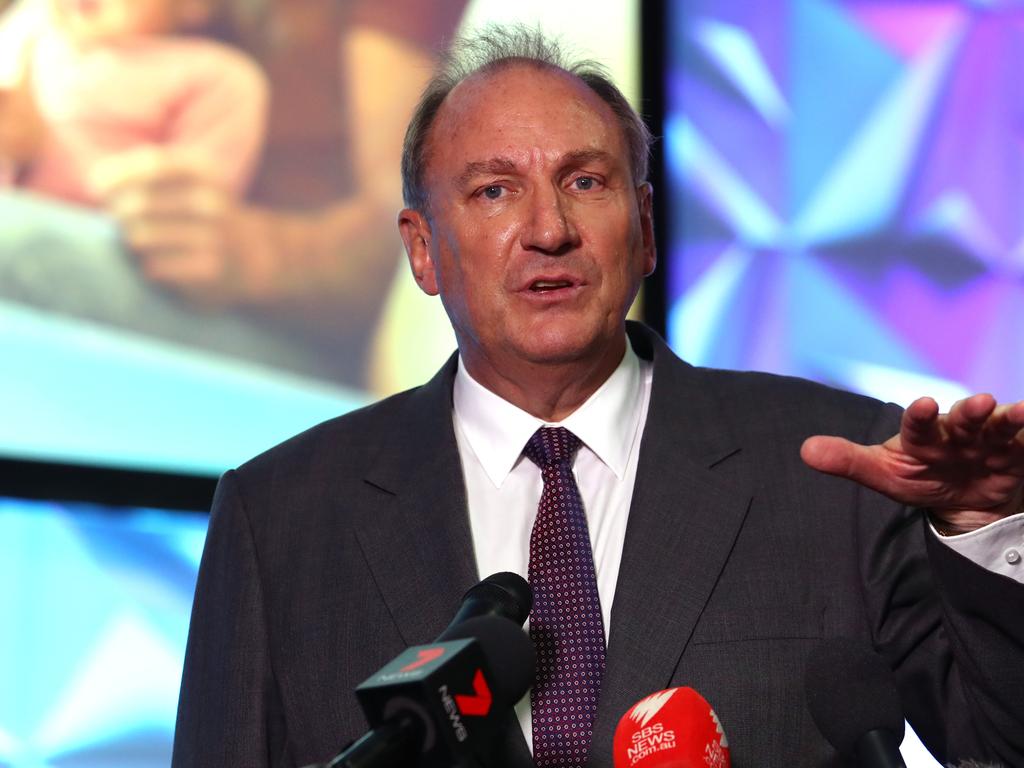Fresh vaccine hope as elderly respond well
Older people have a strong immune response to Oxford’s vaccine, raising hopes that it will protect all sectors of society.

Older people have a strong immune response to the vaccine being developed by Oxford University, raising hopes that it will protect all sectors of society.
Although research has yet to prove the vaccine protects against disease, it has shown that even in people over 70 it elicits a robust antibody and T-cell immune response. The findings come from a previously unreleased analysis of early-stage human trials, looking specifically at volunteers aged 56 and over.
“This marks a key milestone and reassures us that the vaccine is safe for use and induces strong immune responses in both parts of the immune system in all adult groups,” said Andrew Pollard, from Oxford University.
The elderly are most at risk of suffering from severe COVID-19 but there has been concern that they may be among those least likely to be protected by a vaccine. Older immune systems often respond poorly to vaccines.
The findings have been submitted for publication and other scientists said that they would wait for the full data before making a full assessment.
Robert Read, from the University of Southampton, said that the results were “very encouraging” but emphasised it had not been shown that the vaccine protected against infection.
“We still need to wait a little longer for information on protection from natural disease and overall safety in field trials,” he said.
British health authorities stepped up preparations to introduce a vaccine as soon as possible after approval. Care homes have been asked to provide lists of staff to receive the first shots, and plans are in place to train an army of midwives, physiotherapists and health professionals to administer the millions of doses that will be required.
Scientists and health chiefs in Britain and the US have suggested it is possible that vaccines could be ready for key workers before Christmas. It is still unknown which, if any, vaccine will be successful.
The Oxford vaccine is well advanced in phase 3 trials, the final stage of testing before approval. As many as 50,000 volunteers are taking part in trials in Britain, the US, South Africa and Brazil. The pharmaceutical giants Pfizer and Moderna have a vaccine that is similarly advanced and undergoing trials in 40,000 people.
Both vaccines are waiting for a set number of infections — probably 100 to 200 — to occur in volunteers. At that stage they will “unblind” the studies and examine who got infected. The hope is that all of those susceptible to coronavirus will have received the control injection, while none of those who received the vaccine will have picked up the virus. In reality, most scientists would consider it a good result if a vaccine prevented 70 per cent of infections.
Pfizer and Oxford each believe it is possible that they could be in a position to have results before Christmas, and maybe within a few weeks.
THE TIMES







To join the conversation, please log in. Don't have an account? Register
Join the conversation, you are commenting as Logout